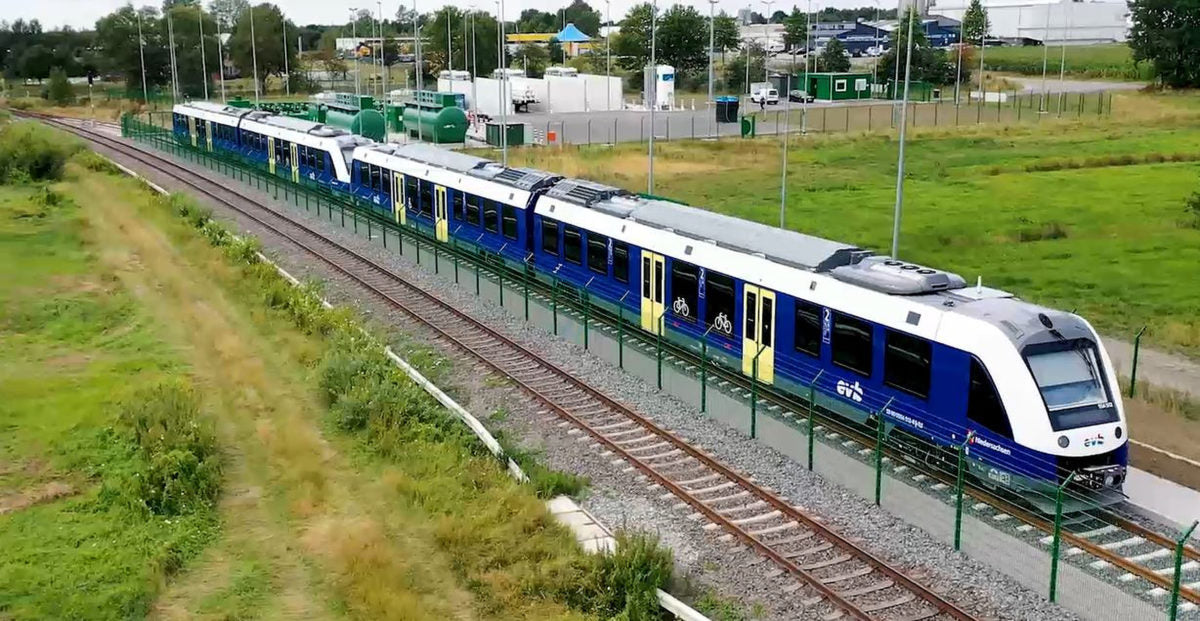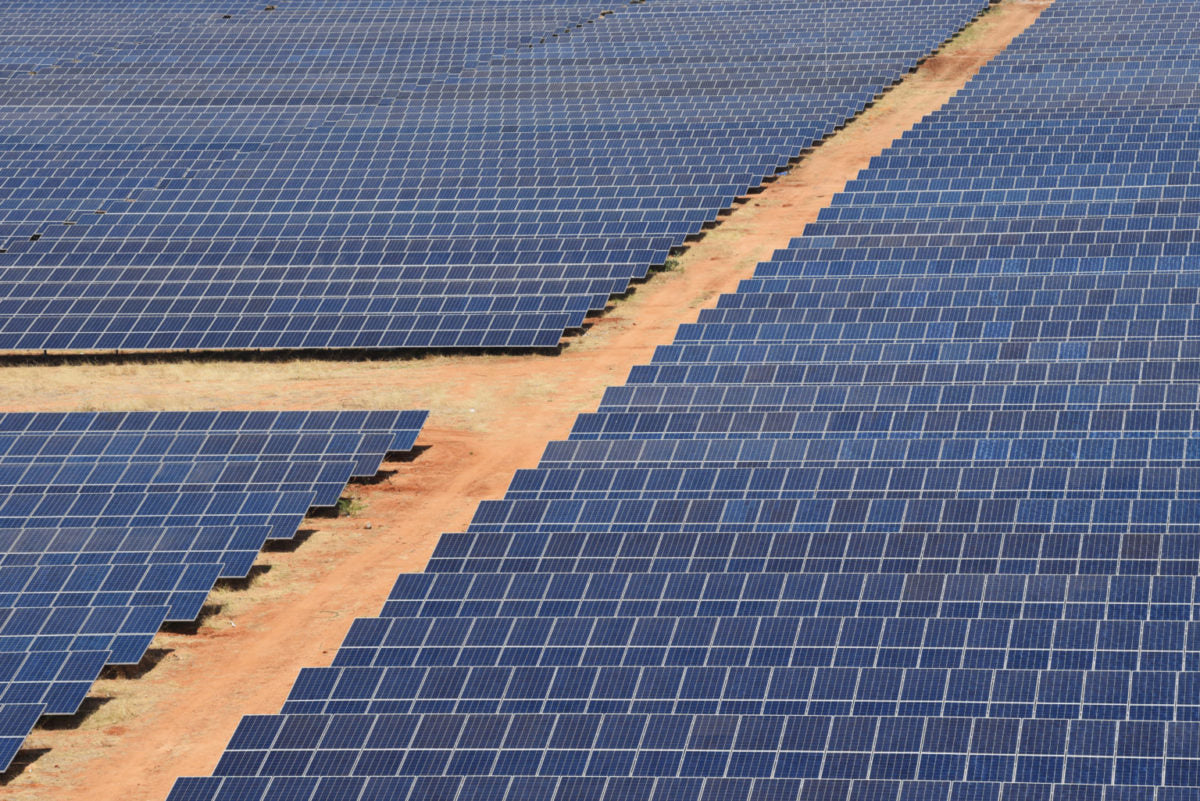https://www.pv-magazine-australia.com/2022/08/29/california-to-ban-petrol-car-sales-by-2035/
Image: TC Chevy
From pv magazine USA
The California Air Resources Board (CARB) is set to vote today to pass a law banning all sales of new internal combustion engines by 2035. Under the law, Californians can continue to drive petrol-fuelled vehicles and purchase used ones after 2035. The plan also allows for 20% of sales after 2035 to be plug-in hybrids that can run on batteries and gas.
California makes up 10% of the U.S. car market but represents 43% of all plug-in vehicles in the nation, said CARB.
The new law is set to spur demand for infrastructure to support an electric-powered transportation sector, including solar and electric vehicle charging stations. Currently, there are about 80,000 charging stations in California, well short of the goal of 250,000 by 2025.
Massachusetts, Washington and New York are among states that have announced goals to electrify their car markets or have committed to following in the footsteps of California’s rulings.
“The climate crisis is solvable if we focus on the big, bold steps necessary to stem the tide of carbon pollution,” said Governor Gavin Newsom.
Transportation is responsible for roughly 30% of carbon emissions. However, carbon emissions reduction goals cannot be met if this new era of electric vehicles are charged by a dirty grid characterised by natural gas and other hydrocarbons. As such, environmental groups are calling for Governor Newsom to step in and alter the state’s rooftop solar policy.
Regulators from the California Air Resources Board (CARB) released a comprehensive report outlining the state’s path to carbon neutrality, and chief among the recommendations was support for solar, specifically rooftop solar. However, regulators from the California Public Utilities Commission (CPUC) have been developing policies that are set to slash the value of rooftop solar in the state.
California’s rooftop solar industry represents over 1.4 million homes, small businesses, and other structures topped with PV. The state accounts for 50% of rooftop solar installations in the United States, and of the 230,000 people employed in the solar industry, as many as 68,000 jobs are supported by the state’s rooftop solar business.
Based on California’s clean energy goals, as much as 28.5 GW of rooftop solar needs to be installed through 2045, according to Environment California. If all this capacity were instead installed on land, 148,000 acres would be needed to support it, an area about half the size of Los Angeles.
However, current policies under development in the state, namely the Net Energy Metering (NEM) 3.0 policy, are set to lower the value of solar in the state. NEM 3.0 slashes the payment made to homeowners for their excess solar energy shared to the grid to a fraction of what it is under today’s net metering program.
The NEM 3.0 bill introduced “non-bypassable charges,” which would add $0.05/kWh to a customer’s bill, whether or not they own solar. For context, most Americans pay less than $0.15/kWh for electricity in total. These non-bypassable charges would apply to the electrons generated by the customer’s rooftop solar array and delivered to their own homes. Regulations make it very difficult, or even illegal, to disconnect from the grid entirely in many areas in California.
This means that even if the customer completely self-consumes solar energy and doesn’t use utility-generated power, the utility will profit from the homeowner’s system via non-bypassable charges.
“The ambitious plan to ban the sale of new gas-powered cars is exactly the kind of climate solutions California and the rest of the country should be adopting,” said EWG President and Bay Area resident Ken Cook.
“But it will require the state to dramatically ramp up investments in residential and commercial solar that will be needed to charge the millions of electric vehicles in the coming decade,” said Cook. “I don’t see how Gov. Newsom can achieve what his administration would like to do on clean transportation without the most robust rooftop and community solar programs the state can support.”
This content is protected by copyright and may not be reused. If you want to cooperate with us and would like to reuse some of our content, please contact: editors@pv-magazine.com.
<




